The Dark Side of Good Stereotypes
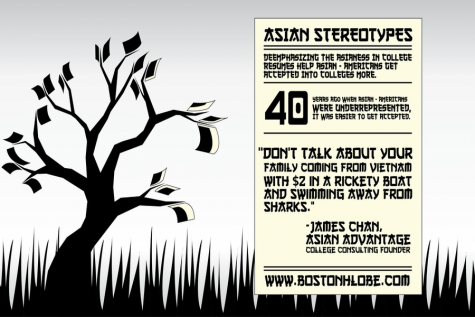
Austin Banzon
What may be seen as an advantage or a good stereotype of a group of people can also sometimes backfire. I used to think that the stereotype that Asians are smart was good and, at times, I still do.
Now, however, I am much more aware of the baggage that comes along with the popular misconception.
Granted, statistics do show Asian Americans achieving higher test scores than other ethnicities. This may be due to cultural pressures and parents wanting their kids to strive for the best. This may be why people may assume certain things about Asian Americans as a whole before thinking about each individual’s personality and intellectual skills.
I have been fortunate in having parents who always just told me to try my best in everything and to not stress if I get a bad grade, but not everyone thinks the same way.
“My parents were brought up on really strict grounds about grades so I guess they got influence from their parents and passed it on. I’ve noticed that Asian parents tend to enforce getting good grades more than other parents. I think it’s more of your morals and what kinds of priorities you have,” says sophomore Shreshtha Ray.
However, not all Asian Americans are the same, and while things have improved immensely over the years, there is still a common stereotype we have to live with.
More than 17.3 million Asian Americans live in the United States, quickly outgrowing Latinos and African Americans, yet we are so underrepresented in the media, the largest influence on people. This has a lot to do with the way entertainment portrays Asian Americans like in movies or TV shows. No matter how much we try to separate ourselves from the crowd, it seems like we will always be seen as none other than just “smart” or a “model minority.”
“I have experience in people stereotyping against me because when I get a lower grade, people say, ‘Oh, I thought you were going to get above a 90 because you’re Asian.’ Then there was also this other time where this one guy said, ‘You only got a 95 because you’re Asian,’” says Jeongmin Park, a sophomore at Coppell High School.
That is not to say that there are not any benefits to the stereotype that Asians are smart.
At one school in California, experimenters told a few teachers random names of students in their class that were smart and had the potential to do well. After a short while, those specific students’ grades went up because the teachers believed in them and made them feel capable.
This confirmation bias can be applied to many Asian American students: when people believe in you, it is easy to want to try even harder which is a beneficial factor when striving towards a goal.
As an Asian American, I am not nearly as smart as people may assume because of my race. I don’t mean this as “a B for someone else is an F for me,” but grade wise I am what I consider “the average student.”
Many studies have shown that Asian Americans often need up to hundreds of points higher than other ethnic groups to have the same chance of acceptance to colleges as them, hence why many experts have spoken out saying that you need to be “non-Asian” as possible to stand out from a crowd of many others that are the same as you.
Holding Asian Americans to these demanding standards is unfair and unreasonable. This ignorance is not surprising; the disadvantages my community faces is not nearly talked about as much as it should be.
Individuality is important because it distinguishes people and how they interact with others. Lumping everyone into the same group will kill an important component of what makes us human.
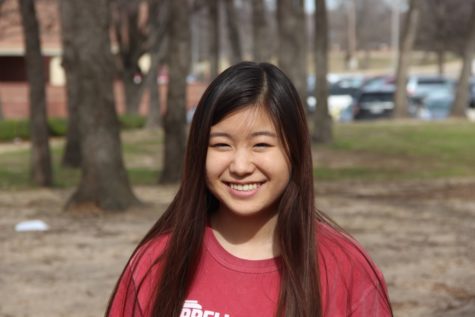
Rachel Choi is a first year sophomore staff writer who enjoys reading books and listening to podcasts like How Stuff Works. She spends...



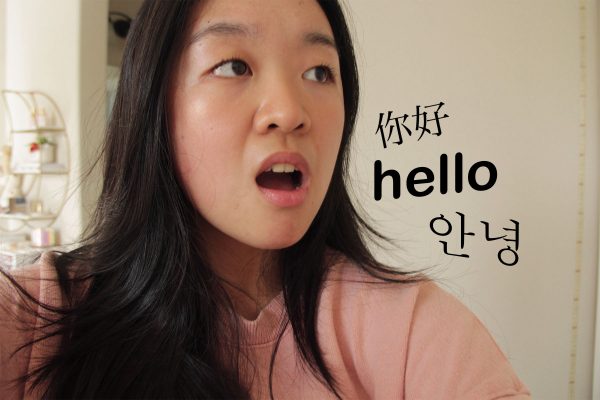


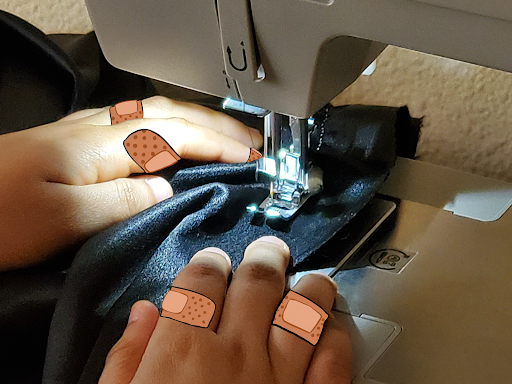
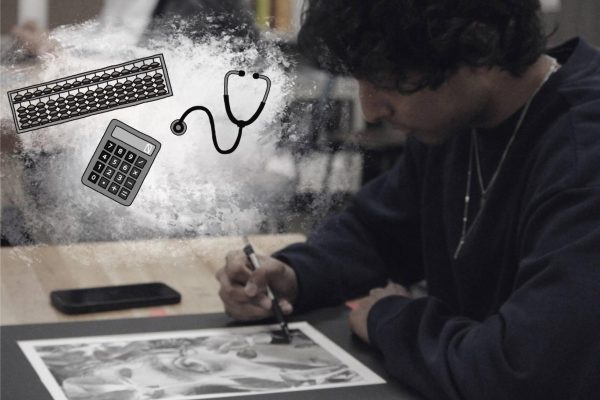



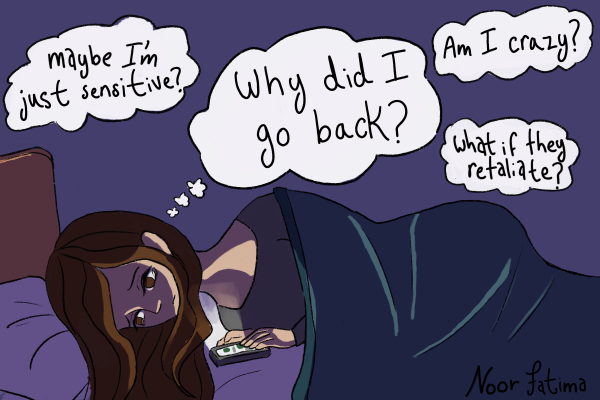
Ashwin Suresh • Dec 9, 2016 at 5:15 pm
This article is awesome! I feel like I’m under that pressure everyday and really like that you brought it out to the spotlight.
Kelly Wei • Dec 9, 2016 at 2:16 pm
Rachel, this is such an important thing that isn’t talked about nearly as much as it should! I’m so glad you wrote this story, you hit on some really great points, wow 🙂